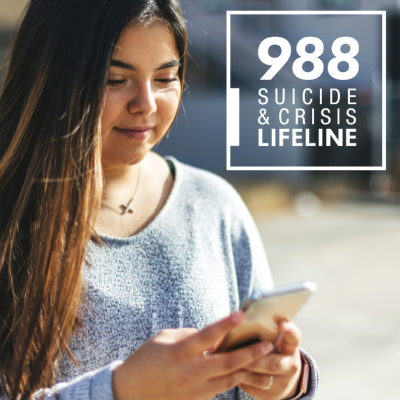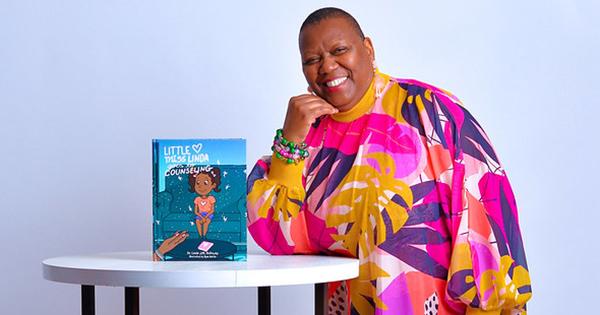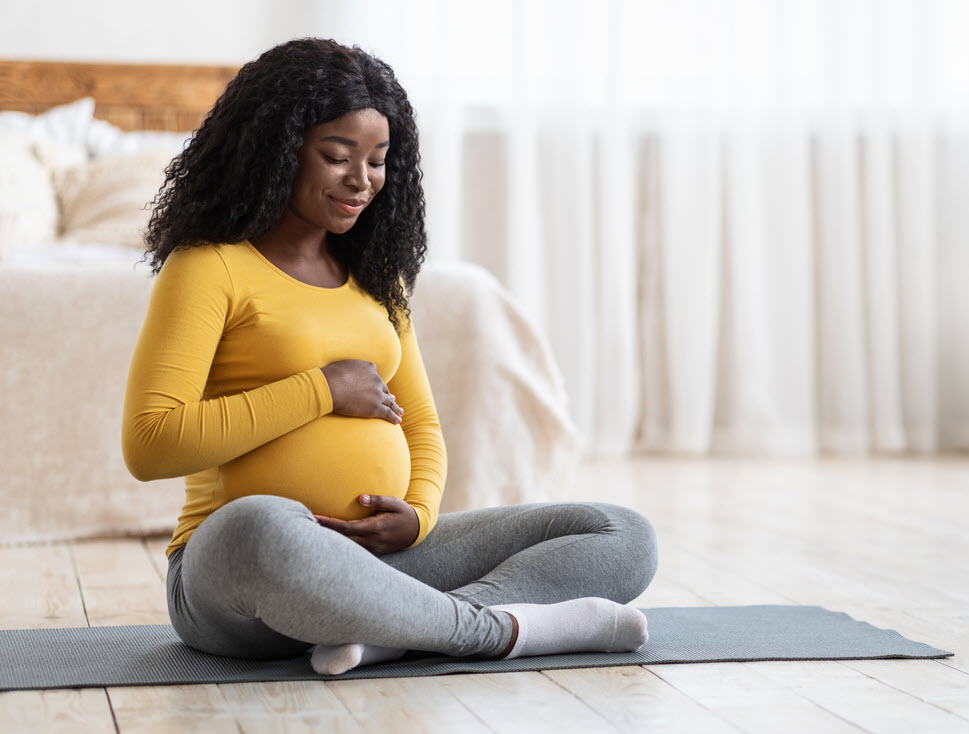Governor Glenn Youngkin Unveils Youth Mental Health Strategy on the One Year Anniversary of Right Help, Right Now Initiative
RICHMOND, VA – Governor Glenn Youngkin joined behavioral health leaders, community partners and families who have struggled with behavioral health challenges in Richmond this afternoon to mark the accomplishments of the first year of the Right Help, Right Now (RHRN) behavioral health transformation plan in Virginia, outline next steps and funding for RHRN, and announce his Youth Mental Health Strategy.
On the one-year anniversary of the Right Help, Right Now plan, the Governor announced $500 million in new funding for the continued transformation of our behavioral health system, including the expansion of school-based mental health services. Additionally, the Governor outlined a Youth Mental Health Strategy and legislative package that would limit the addictive elements of social media platforms to protect children and empower parents with information and resources to best care for their children
“After a year of implementing critical changes in our mental and behavioral health system through my Right Help, Right Now plan, we are forging ahead with additional RHRN funding and a Youth Mental Health strategy to assist and support our next generation of Virginians,” said Governor Glenn Youngkin. It’s clear that young Virginians face a myriad of challenges ranging from addictive social media platforms to an increasingly dangerous opioid epidemic to mental health challenges and we need to offer support. Our new Youth Mental Health Strategy will work to protect and support our young people from predatory practices online while also empowering families with new tools to support their children’s mental health.”
“The goal of Right Help, Right Now is to support Virginians before, during, and after a behavioral health crisis occurs. During the first year of this initiative, we have advanced key elements of the infrastructure needed to ensure that there is someone to call, someone to respond and somewhere to go in a mental health or substance use crisis,” said Secretary of Health and Human Resources John Littel. “Year two of this transformation aims to ensure that families have more information about threats to children’s mental health as well as tools to support their children.”
After a year of the Right Help, Right Now plan, some of the incredible progress includes: the continued growth of the 988 suicide and crisis lifeline system through a marketing campaign, the launch of a behavioral health reserve corps of volunteers, awarded funding to build emergency room alternatives, expanded waiver slots for individuals with developmental disabilities on the priority one waitlist, and additional compensation for targeted state hospital staff.
Youth Mental Health Strategy
To better equip parents and support our young people, Governor Youngkin is taking immediate action in year two of Right Help, Right Now. In 2023, according to Mental Health America, Virginia ranked 48th in the nation for youth mental health, which demands a collective and comprehensive approach to prioritize the health of the Commonwealth’s youngest and most vulnerable citizens. Children spend on average nearly five hours daily on social media; recent studies have suggested that children who spend more than a few hours per day on social media have double the risk of poor mental health. Through budget proposals, legislation and executive action the youth mental health strategy will address critical components and harmful aspects of social media on the youth.
Governor Youngkin proposed $500 million in new funding for his biennium budget. This will bring the commitment to nearly $1.4 billion, including:
- $307 million to provide 3,440 waiver slots, a slot per person on the Priority 1 Waitlist
- $23 million to expand access to school-based mental health services for children, including telehealth
- $46 million to meet the three-year target of emergency room alternatives, such as crisis receiving centers and crisis stabilization units, and publicly funded mobile crisis response teams to ensure that people have someone to respond and somewhere to go in a crisis
- $10 million for partnerships with hospitals to build specialized emergency rooms for psychiatric patients called comprehensive psychiatric emergency programs
- $23 million to ease law enforcement burden, including expanding alternative transportation
- $58 million for building a best-in-class behavioral health workforce through salary increases in state hospitals, behavioral health loan repayment, and more clinical training sites and residency slots
- $28 million in opioid abatement and response initiatives including a campaign to reduce youth fentanyl poisoning, wastewater monitoring, naloxone availability, and services for those with substance use disorder
988 Suicide & Crisis Lifeline
If you are struggling with a mental health crisis or behavioral health-related emergency and need immediate help, please call, text, or chat 988. Health experts are available 24/7 with confidential crisis support.



